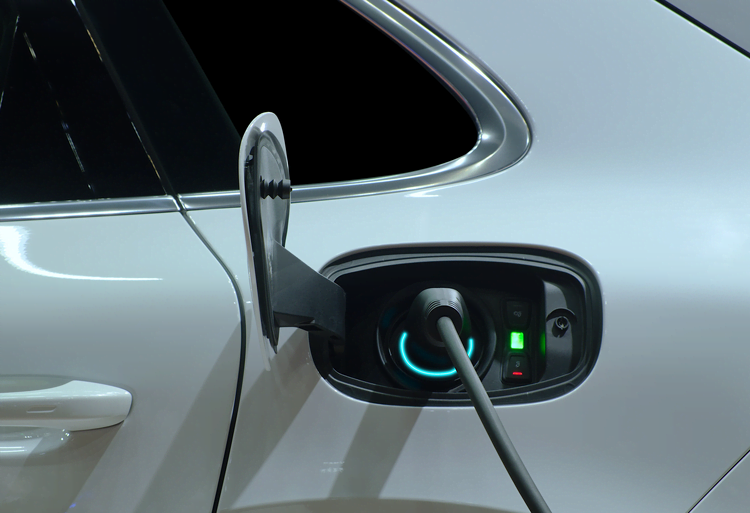As November wraps up, headlines tell of cybercriminals targeting Algeria and a recent data breach mistakenly linked to Tesla. Let’s explore the details.

Researchers at DarkWebInformer and IntCyberDigest have stated that a recent data breach claimed by hackers IntelBroker and EnergyWeaponUser was misattributed to a Tesla charging station database. The data actually came from Numocity, an EV charging software company. Threat actors accessed the data via hard-coded credentials in Azure storage buckets. The breach exposed 116,000 records of such data as:
• Full names
• Locations
• Payment details
• Car make and model
• VIN numbers
Neither Tesla nor Numocity has commented on the incident yet. This falsely claimed breach follows a 2023 incident where Tesla accused former employees of leaking data on 75,000 employees, including Elon Musk's details.
While the Tesla management breathed a sigh of relief, Kaspersky released quite disappointing data on Algeria. According to Gladys Salmouth, the country suffered 70 million cyberattacks between January and October 2024, ranking 19th in the world for the number of attacks. Speaking at a seminar on November 17 in Algiers, Salmout stressed the importance of cyber hygiene, recommending the use of strong, unique passwords, safe browsing, and caution with emails and links from unknown sources.
Employee training to increase cybersecurity awareness is vital, but it is not enough. Unfortunately, human errors cannot be eliminated, no matter how much training a company provides. That is why it is worth implementing solutions that will help prevent these errors and subsequent data leaks. Try Managed Security Service – an effective and efficient solution that ensures protection even if you lack resources and technical expertise.
SearchInform uses four types of cookies as described below. You can decide which categories of cookies you wish to accept to improve your experience on our website. To learn more about the cookies we use on our site, please read our Cookie Policy.
Necessary Cookies
Always active. These cookies are essential to our website working effectively.
Cookies does not collect personal information. You can disable the cookie files
record
on the Internet Settings tab in your browser.
Functional Cookies
These cookies allow SearchInform to provide enhanced functionality and personalization, such as remembering the language you choose to interact with the website.
Performance Cookies
These cookies enable SearchInform to understand what information is the most valuable to you, so we can improve our services and website.
Third-party Cookies
These cookies are created by other resources to allow our website to embed content from other websites, for example, images, ads, and text.
Please enable Functional Cookies
You have disabled the Functional Cookies.
To complete the form and get in touch with us, you need to enable Functional Cookies.
Otherwise the form cannot be sent to us.

Subscribe to our newsletter and receive a bright and useful tutorial Explaining Information Security in 4 steps!

Subscribe to our newsletter and receive case studies in comics!